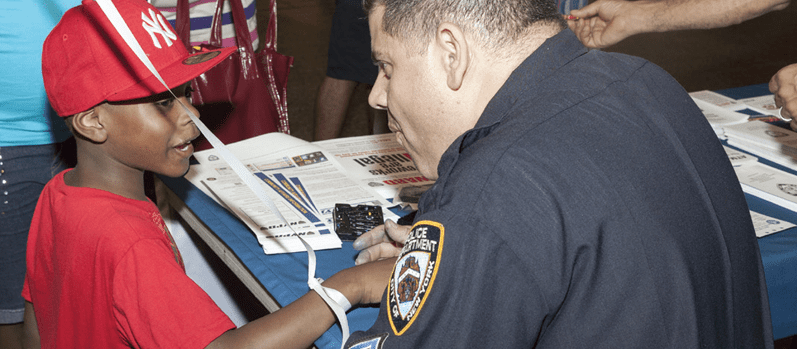What Are the Different Types of Litigation Cases

What Are the Different Types of Litigation Cases
The American legal system can be complex to navigate. When involved in a lawsuit or accused of a criminal offense, it is important to understand the type of case you are in and the different processes involved.
One crucial difference is the one between civil litigation and criminal litigation. Luckily, with over 1.3 million lawyers in the U.S who run general or specialized practices, you can always find one who will help you navigate either.
Criminal Cases
Criminal cases involve the government prosecuting an individual for violating state or federal laws or allegedly committing a crime. The case is presented before the court by the prosecutor, a state’s attorney (District Attorney), or the United States Attorney for a federal crime.
Civil cases
The civil litigation process begins when a person or entity files a dispute against another person or entity, suing for compensation for damages caused. The judge or jury listening to the case will then apply the appropriate law to the facts presented in court by both parties. The plaintiff files a complaint in court seeking monetary compensation, an injunction, or an order as a result of an action by the defendant.
Types of civil cases include:
Personal Injury Tort Claims
One of the most common cases in civil litigation is personal injury claims. The plaintiff asks for compensation for damage caused as a result of an action by the defendant. The argument may be based on negligence, intentional wrongdoing, or strict liability. Some of the claims filed include auto and motorcycle accidents, medical malpractice, fraud, personal injury, animal attacks, and many more.
Contract Disputes
Breach of contract claims results from the failure of a person or entity to fulfill their contractual obligations; thus, the plaintiff files a case in a civil court. The plaintiff asks for compensation for the non-fulfillment of the contract signed. Some of the matters handled include violation of business agreements and non-delivery of paid purchase.
Equitable Claims
The aggrieved party may ask the court to issue orders to an individual or entity to halt an action or to take a specific action. Most cases involve plaintiffs seeking temporary restraining or reprieve orders against the defendant.
Class Action Suits
A civil litigation lawyer represents a whole group or class of people filing for compensation, against an organization, for the many injuries or damage caused to them. Class action suits are complex to litigate and may end in huge compensation payouts. An example is a group of consumers suing a company for a faulty product or equipment that caused injury to them.
Divorce and Family Law Disputes
Divorce, legal separation, and custody disputes fall under civil litigation. The court rules on breaking the union, sharing of the marital assets, child custody, and support. From the complex nature of the cases, it would be best to find civil litigation lawyers with a firm grasp of family law.
Property Disputes
Property cases involve disagreements about property ownership and boundaries. The court may offer more than monetary compensation, issuing out restriction orders against the trespasser.
Civil litigation proceedings are usually complex, requiring the professional knowledge of experienced lawyers to present the cases. If you need a civil litigation lawyer in Rockwall, TX, you can contact the Law Firm of Patrick Short.

